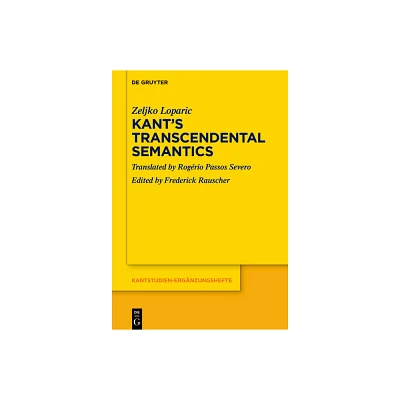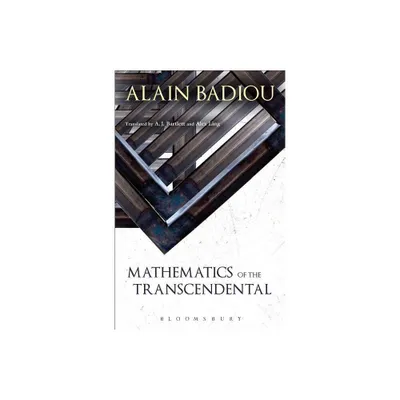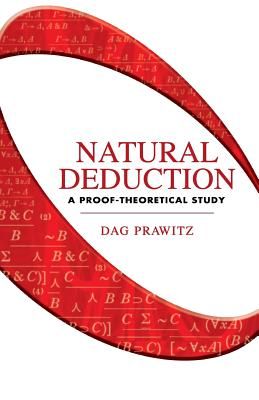Home
Kant's Transcendental Deduction
Loading Inventory...
Barnes and Noble
Kant's Transcendental Deduction
Current price: $105.00


Barnes and Noble
Kant's Transcendental Deduction
Current price: $105.00
Loading Inventory...
Size: Hardcover
*Product Information may vary - to confirm product availability, pricing, and additional information please contact Barnes and Noble
In this book, Alison Laywine takes up the mystery of the Transcendental Deduction in Immanuel Kant's
Critique of Pure Reason
. What is it supposed to accomplish and how? She collects evidence from the
Critique
and his other writings to determine what Kant took himself to be doing on his own terms and argues that he deliberately adapted elements of his early metaphysics both to set the agenda of the Deduction and to carry it out. She shows that the most important metaphysical element Kant repurposed for the Deduction was his early account of a world: he had argued that a world is not just the sum-total of all substances created by God, but a whole unified by God's universal laws of community that externally relate any given substance to all others. From this conception of a world, Kant then extracted a distinctive way to conceive key elements in the Deduction: experience is thus the whole of all possible appearances unified by the universal laws human understanding gives to nature. This cosmological conception of experience drives the Deduction.
Critique of Pure Reason
. What is it supposed to accomplish and how? She collects evidence from the
Critique
and his other writings to determine what Kant took himself to be doing on his own terms and argues that he deliberately adapted elements of his early metaphysics both to set the agenda of the Deduction and to carry it out. She shows that the most important metaphysical element Kant repurposed for the Deduction was his early account of a world: he had argued that a world is not just the sum-total of all substances created by God, but a whole unified by God's universal laws of community that externally relate any given substance to all others. From this conception of a world, Kant then extracted a distinctive way to conceive key elements in the Deduction: experience is thus the whole of all possible appearances unified by the universal laws human understanding gives to nature. This cosmological conception of experience drives the Deduction.


















